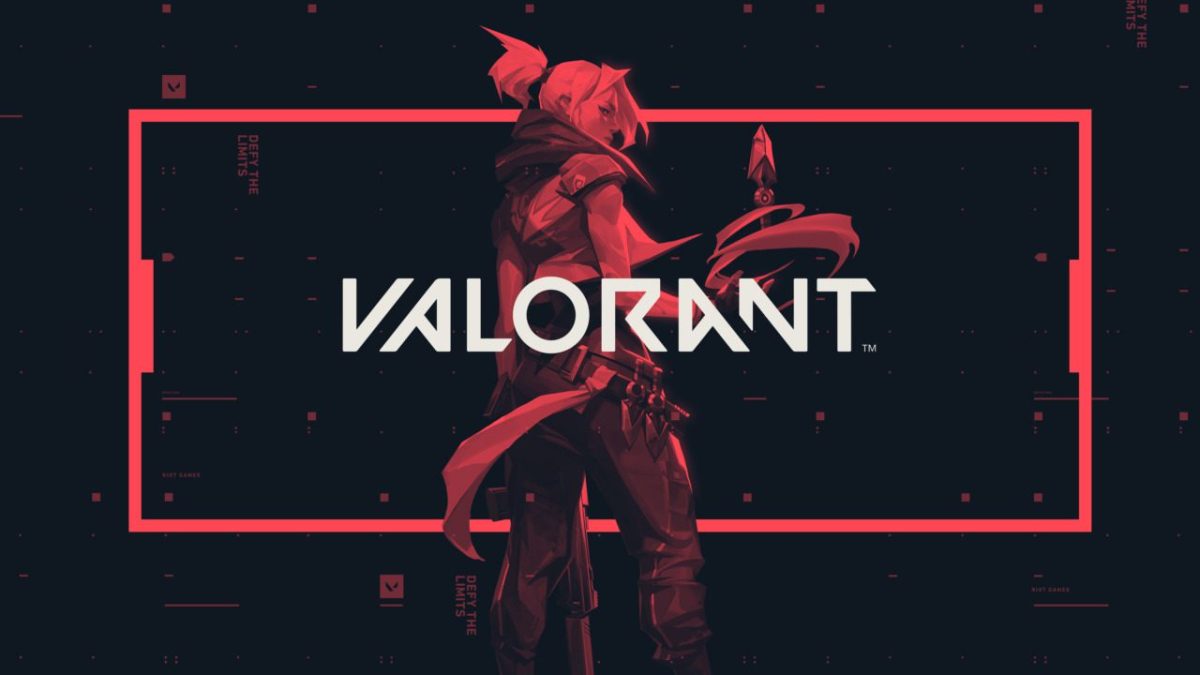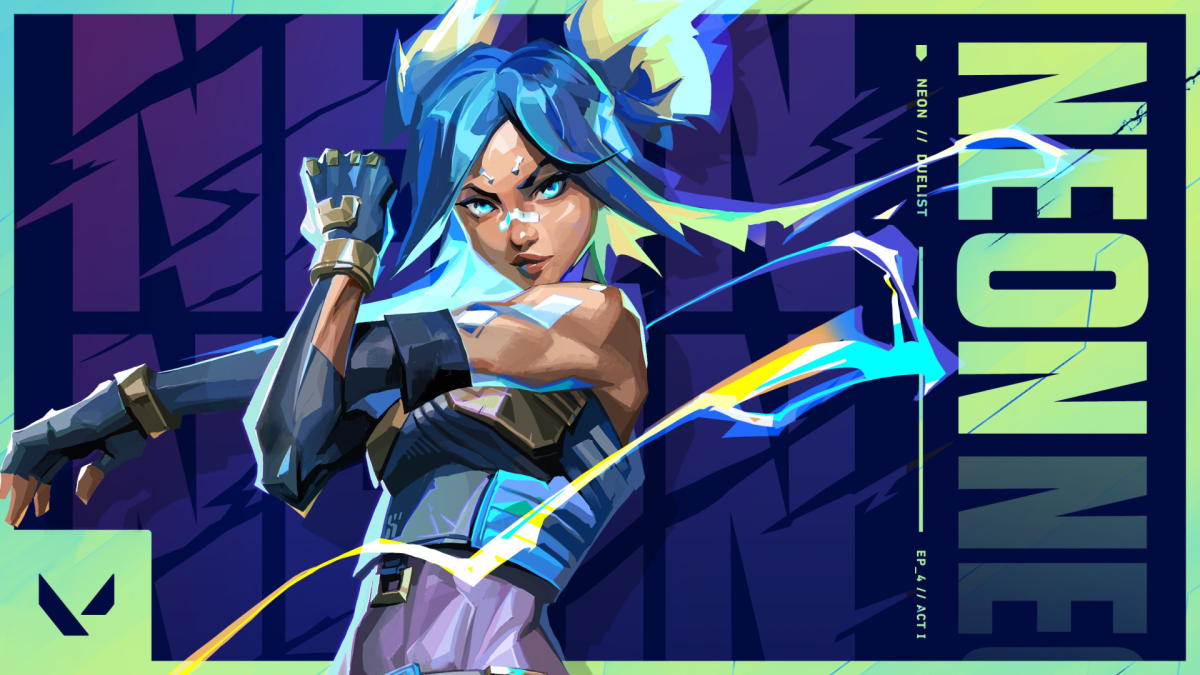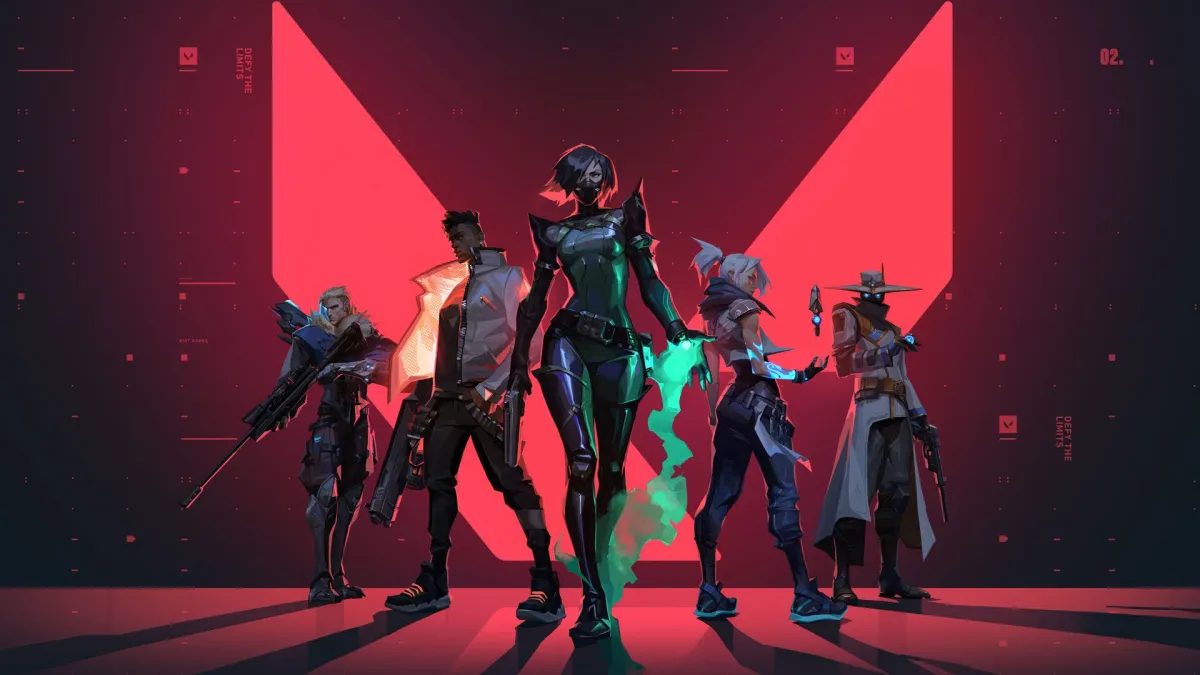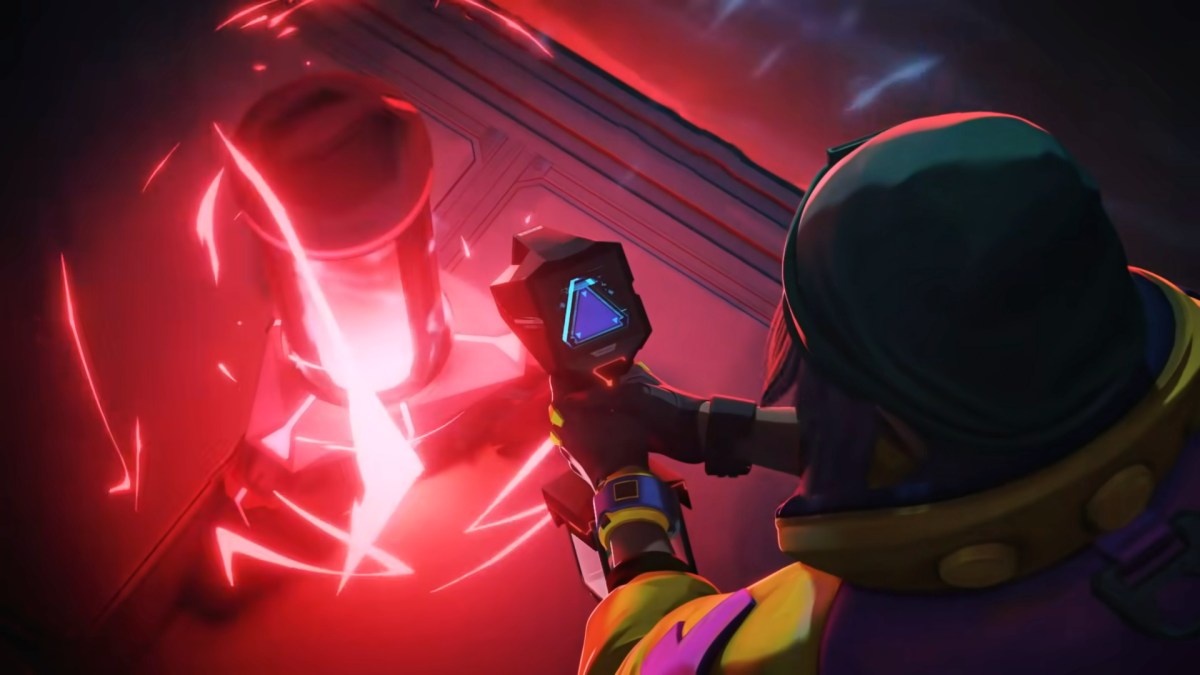Valorant‘s anti-cheat mechanism is raising eyebrows after players have discovered its apparently invasive nature. Alongside 128-tick servers and well-developed net code, Riot Games originally emphasized the importance of combating cheaters. Valorant developers shared they plan to uphold competitive integrity by integrating an advanced anti-cheat system. However, the extent to which their software, Vanguard, would affect computers was unclear.
Vanguard automatically installs when a player downloads the game. Initially, a mandatory anti-cheat system wasn’t a problem for the community — many applauded Valorant‘s team for the proactive measures taken. Furthermore, competitive players familiar with FACEIT and ESEA clients have dealt with both the good and bad aspects of similar systems.
Digging more in-depth into Valorant’s files
Reddit user “voidox” explains Vanguard boots every time a computer starts. A driver is continuously active on the computer and has permissions equivalent to that of an “administrator.” Riot employee Arkem confirms this behavior is intended and assures users shouldn’t worry about Vanguard’s nature.
Comment
byu/DolphinWhacker from discussion
inVALORANT
Critics of Vanguard feel it’s a threat to privacy and makes computers susceptible to abuse. Not only is the software mandatory, but there’s no obvious way to shut off the program. Furthermore, Riot Games is owned by Chinese behemoth Tencent, a company that has been scrutinized for security and privacy concerns before. Akem insists in his response that, while Vanguard is active, the software doesn’t send information back to their servers, nor does the program scan the computer when the game isn’t running.
Notwithstanding Akem’s efforts, it’s difficult to fully trust Riot’s statements. Anti-cheat clients haven’t had the cleanest record in competitive games. For instance, ESEA stirred controversy when users found the client installed a cryptocurrency miner. Its invasive nature made users unknowingly vulnerable to external programs.
Currently, Valorant users are responding to the information with mixed feelings. Some say Riot Games is a respectable company and the risk of privacy invasion is slim to none. On the other hand, users are urging Riot to compromise and make Vanguard toggle-able or less invasive. Valorant is still in closed beta, which means that the anti-cheat will certainly evolve. Time will tell how Riot’s team chooses to further the development of the system.













Published: Apr 15, 2020 08:10 pm